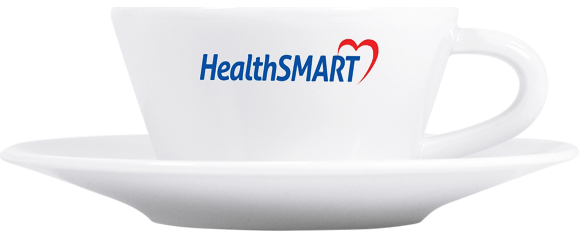Decaffeinated
Decaffeinated
Traditional methods of decaffeination use solvents, methylene chloride (a probable carcinogen) or ethyl acetate, both of which are harmful to the central nervous system, kidneys and liver. In many decaffeination process the flavor of the bean is inadvertently extracted and they then reintroduce the caffeine-free solution to the beans to add flavor. Traditional decaffeination methods leave 3% to over 5% of the caffeine. Many roasters use lower grade coffees when decaffeinating since the roasting of the coffee to a dark coloration helped disguise the quality of the coffee.
We’ve noticed that many of our competitors use terms like “natural process”, “European process” and “water process” to describe their decaffeination methods. However, all three often refer to processes that use chemicals. The term “water process” alone means nothing as all decaffeination methods use water somewhere in the process. Similarly, the term “natural” is often used because the chemical ethyl acetate, often used to decaffeinate coffee, can be naturally derived from citrus fruit or sugar cane. However, the volume required for decaffeination requires that ethyl acetate be derived synthetically, and the fact is, ethyl acetate is harmful if ingested.
We are extremely sensitive to the subtle color changes in our decaf roasts since the beans are more delicate than non-decaffeinated beans, which makes our precise timing even more critical.
How fast a coffee turns stale depends on the type of coffee it is, how it was handled, stored, and packaged after roasting, and how it is handled after purchase. This is very important with decaf coffees, as we believe they stale a little more quickly and we should use an air tight container for storage and keep out of sunlight.
Feel Free to Call Us! 800-853-7777 HealthSMART Coffee Customer Service
DISCLAIMER
The information on this site is not intended or implied to be a substitute
for professional medical advice, diagnosis or treatment. All content,
including text, graphics, images, and information, contained on or available
through this website is for general information purposes only. Opinions
expressed here are the opinions of writers, contributors, and commentators,
and are not necessarily those of HealthSMART Coffee. Never disregard
professional medical advice or delay seeking medical treatment because of
something you have read on or accessed through this website. TechnoRoasted coffees are not a panacea for any disease or disorder although, uniquely helpful.
